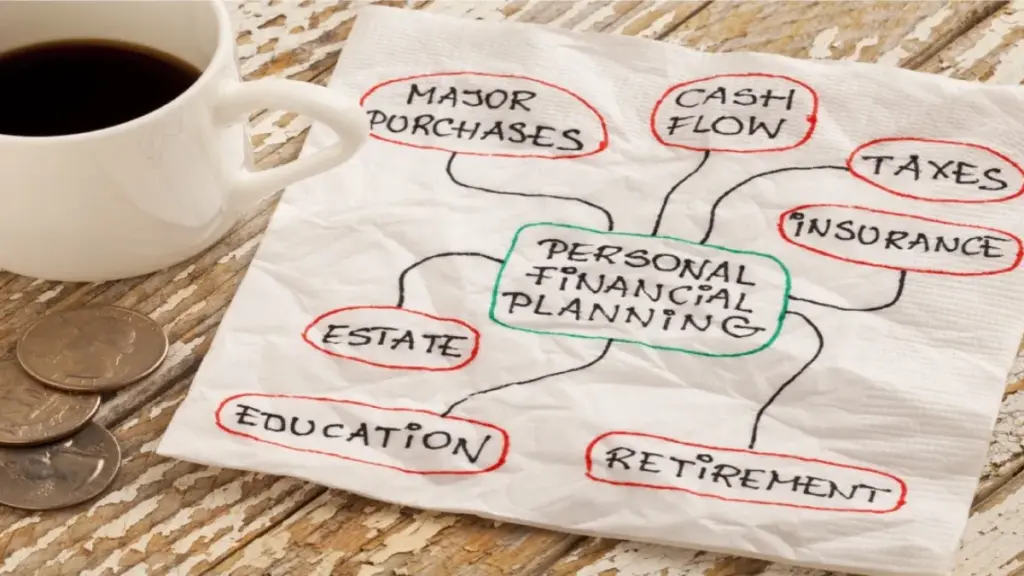Personal Finance Mastery Helps You Control Spending and Grow Wealth
Personal finance is the ability to manage your income, expenses, savings, and investments to achieve financial stability and long-term growth. It is not only about earning money but also about using it wisely to improve your life and secure your future. Mastering personal finance gives you control over spending, reduces waste, and ensures that every rupee you earn works toward building wealth.
Understanding the Core of Personal Finance
At its heart, personal finance revolves around five main pillars: income management, expense control, savings, investments, and debt management. Each of these areas must work together for you to create a strong financial foundation. If one area is weak, it can affect your entire financial well-being.
For example, someone earning a high income but spending recklessly will struggle to build wealth. Similarly, someone saving money without investing will lose out to inflation over time. Balance is the key.
Why Controlling Spending Is Important
Spending habits determine how much money you can save and invest. Many people fall into the trap of buying things to keep up with others, which leads to financial stress. By controlling spending, you free up resources for more meaningful purposes such as investments, emergency funds, and retirement savings.
A practical method to control spending is to separate your expenses into three categories:
- Needs – Essentials like food, housing, and healthcare.
- Wants – Non-essential pleasures like dining out, gadgets, and vacations.
- Savings/Investments – Money set aside for future growth.
If you aim for a 50-30-20 ratio (50% needs, 30% wants, 20% savings/investments), you can maintain balance without feeling deprived.

Building a Budget That Works
A budget is the map that guides your money toward your goals. Without it, expenses can spiral out of control. A good budget should:
- Track all income sources.
- List all fixed and variable expenses.
- Set savings targets.
- Allocate funds for investments.
Regularly reviewing your budget helps you identify wasteful spending and adjust to changes in income or expenses.
Saving with Purpose
Saving money is not just about keeping it in a bank account—it’s about directing it toward specific goals. Purposeful saving allows you to prepare for emergencies, plan for big purchases, and invest for future growth.
Some effective saving strategies include:
- Automating transfers to a separate savings account.
- Avoiding impulse purchases.
- Setting up short-term and long-term savings goals.
The Role of Investments in Wealth Growth
Savings alone will not make you wealthy because inflation reduces the value of money over time. To grow wealth, you must invest in assets that appreciate or generate income. Investments can include:
- Real estate.
- Mutual funds.
- Stocks.
- Bonds.
- Gold.
The earlier you start investing, the more you can benefit from the power of compounding, where your earnings themselves start generating more earnings over time.
Creating an Emergency Fund
An emergency fund acts as a financial shield during unexpected events like job loss, illness, or urgent repairs. Without it, you may be forced to borrow at high interest rates or sell investments prematurely. Experts recommend saving at least three to six months’ worth of living expenses in a readily accessible account.
Managing Debt Effectively
Debt can be useful if handled correctly but dangerous if ignored. High-interest debt like credit card balances can quickly become unmanageable. To stay in control:
- Avoid borrowing for unnecessary purchases.
- Pay off high-interest debt first.
- Keep your debt-to-income ratio low.
Using debt responsibly for productive purposes—such as education or property purchase—can improve your long-term financial position.
Setting and Achieving Financial Goals

Goals give direction to your financial planning. Without them, it’s easy to lose focus. Short-term goals might include buying a vehicle or funding a vacation. Long-term goals might include building a retirement corpus or starting a business. Break big goals into smaller, measurable steps so progress feels achievable.
Continuously Learning About Money Management
Financial education is a lifelong journey. Market trends, tax rules, and investment options change over time. Staying informed helps you make better decisions and avoid costly mistakes. You can learn through books, online resources, and workshops, or by discussing with knowledgeable people.
Benefits of Mastering Personal Finance
- Peace of Mind – Knowing you can handle emergencies without panic.
- Financial Freedom – Choosing how to live without depending on others.
- Wealth Creation – Building assets that grow in value.
- Life Security – Ensuring a comfortable retirement and fulfilling personal dreams.
Also Read: Stock Market Tips – Stock Market Tips Guide You To Smarter Trading Decisions
Conclusion
Mastering personal finance is about more than money—it’s about creating a secure, stable, and fulfilling life. By controlling spending, saving with purpose, investing wisely, and setting clear goals, you take charge of your financial destiny. The sooner you start, the sooner you can enjoy the rewards of financial independence.
FAQs on Personal Finance
Q1. What is the first step in mastering personal finance?
The first step is tracking your income and expenses so you know where your money is going. This allows you to create a realistic budget.
Q2. How much should I save each month?
Aim to save at least 20% of your income, but adjust based on your goals and current financial situation.
Q3. Why is budgeting so important?
Budgeting gives you a clear plan for how to use your money, ensuring you cover needs, wants, and future goals without overspending.
Q4. Is investing risky for beginners?
All investments carry some risk, but learning the basics and starting with safer options can help you minimize it.
Q5. How can I control impulse spending?
Use techniques like the 24-hour rule before making non-essential purchases, and focus on your financial goals to resist temptation.
Q6. How much should I keep in an emergency fund?
Ideally, you should save three to six months of living expenses to handle unexpected events without stress.
Q7. Can debt ever be good?
Yes, if used for productive purposes like education or property purchase and managed within your repayment capacity.
Q8. How often should I review my finances?
Review your budget, savings, and investments at least every three months to stay on track.
Q9. What’s the difference between saving and investing?
Saving preserves money for short-term needs, while investing grows money over the long term through returns.
Q10. When should I start planning for retirement?
The best time to start is as early as possible so you can benefit from the power of compounding.



